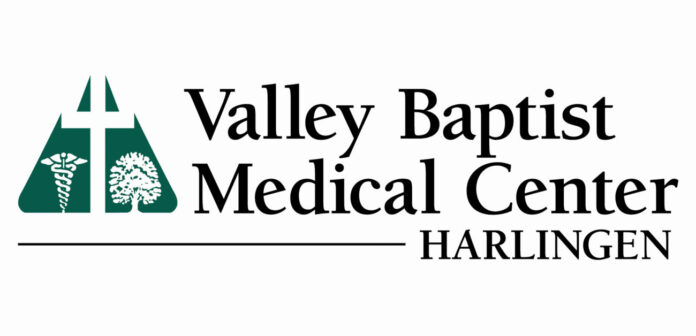HARLINGEN — So, how does a trauma center become a Level II Trauma Center?
The process begins with reviewers from the American College of Surgeons, said Dr. Hillary Chollet, trauma and vascular surgeon at Valley Baptist Medical Center.
“They send out reviewers to come to your hospital to see if you have any deficiencies out of the 404 possible deficiencies,” Chollett said. “A deficiency would be like a trauma surgeon isn’t there on time, or the neurosurgeon doesn’t show up on time, or you don’t have blood products available.”
There’s still another step after the American College of Surgeons has cleared a Level II of all deficiencies.
“Once trauma centers are verified here in Texas, then the state will have to designate you a trauma center before you can say that you are a Level II Trauma Center,” Chollet said.
BECOMING A LEVEL I
There are two other deficiencies to address and the Level II Trauma Center can become a Level I: research and education. A Level I takes trauma care to the next level, giving it a more prestigious distinction.
“We already have a commitment to research, but we just need a track record which takes about a year or two years, so we can have between 10 and 20 published articles,” he said. “We already have a research machine in place for our stroke program. We’ve already fired up the research machine for trauma and we have some different articles that are pending.”
They’re also working on the education component.
“The education component that’s needed for a Level I is a fourth or a fifth year surgical residence rotating on the trauma service,” he said. “Presently, we do not have the fourth or fifth year, but we’re expecting by the end of the year to have that in place.”
More specifically, he’s hoping to have a training program for family practice and internal medicine.
“We’d train young doctors to become specialists in family practice and internal medicine,” Chollett said. “It’s a full residency program and they’d work with the trauma service. They’d work with doctors in hospitals to become well trained.”





